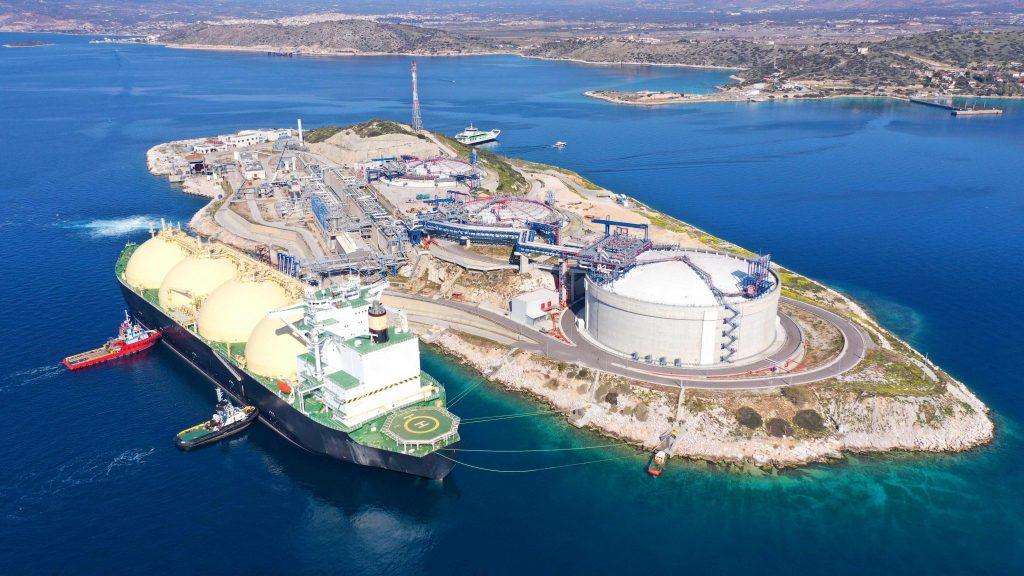The Bank of Greece (BoG), through its latest “Inflation Monitor” report, highlights the persistent inflation affecting the Greek economy, with a particular focus on services and core inflation.
According to the analysis, inflation in Greece is expected to reach 2.9% in 2025, primarily driven by the continued rise in service prices. A gradual slowdown to around 2% is projected by the end of 2026.
However, a temporary increase to 2.5% is anticipated in 2027, owing to the implementation of the new European Emissions Trading System (ETS2), which will impact energy prices.
Inflation Trends and Core Dynamics
In April 2025, Greece’s Harmonized Consumer Price Index (HCPI) fell to 2.6% from 3.1% in March, driven by modest goods price increases and a sharp 4.7% drop in energy costs. In contrast, service prices jumped 5.3%, nearly double that of goods, pushing core inflation to 3.8%—above the Eurozone’s 2.7%—and keeping Greece ninth in EU price growth.
Food and Energy Price Dynamics
Processed food products, including alcohol and tobacco, saw a 0.6% price drop, while unprocessed foods surged by 7.2%, surpassing the Eurozone average of 4.9% and recalling past inflation crises. Despite a 4.7% overall decline in energy prices, electricity rose by 4.7% without subsidies, natural gas spiked by 29.9%, while liquid and motor fuels fell by 12.9% and 10.6%, respectively.
Eurozone and U.S. Inflation Outlook
Eurozone inflation is projected to hold steady at 2.2% in 2025 and 1.9% in 2026, while U.S. forecasts have been raised to 3.2% and 2.7%, respectively. This gap suggests the European Central Bank (ECB) may cut rates in June, unlike the Fed, which is keeping borrowing costs unchanged. Medium-term expectations remain below 2% in the Eurozone, while the U.S. anticipates long-term increases amid trade concerns.
Looking Ahead
The BoG notes that inflation in Greece remains driven by rising service costs and unprocessed food prices, while energy shows internal disparities. The future trajectory of inflation will depend on the evolution of energy prices, service costs, and the impact of ETS2. The BoG anticipates a gradual slowdown with occasional increases over the next three years.
Source: tovima.com









































